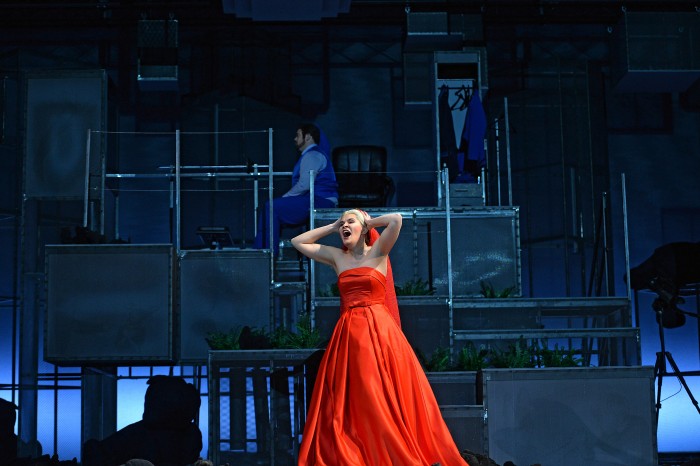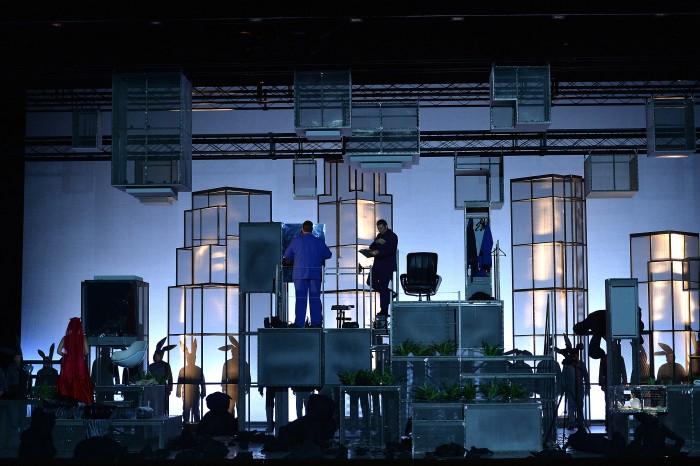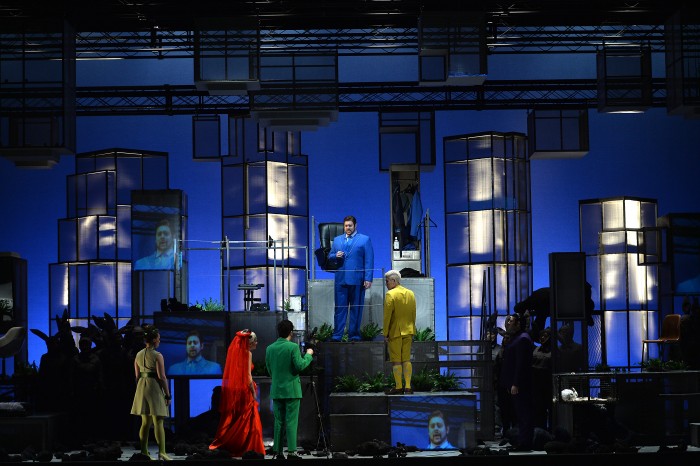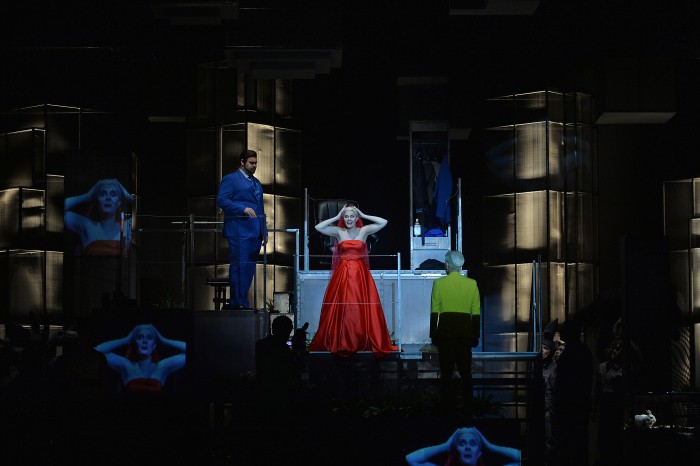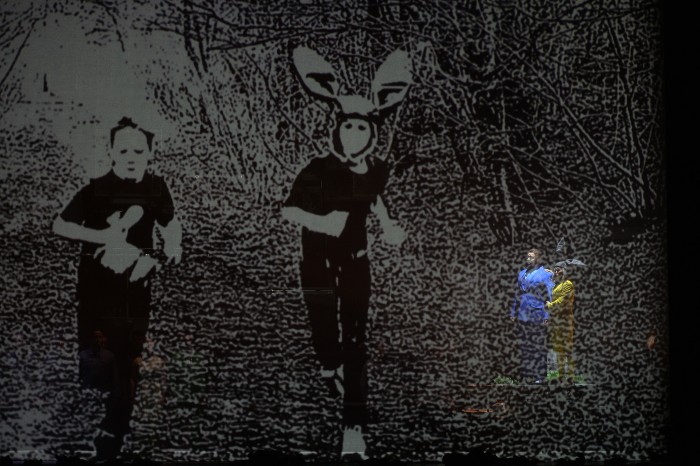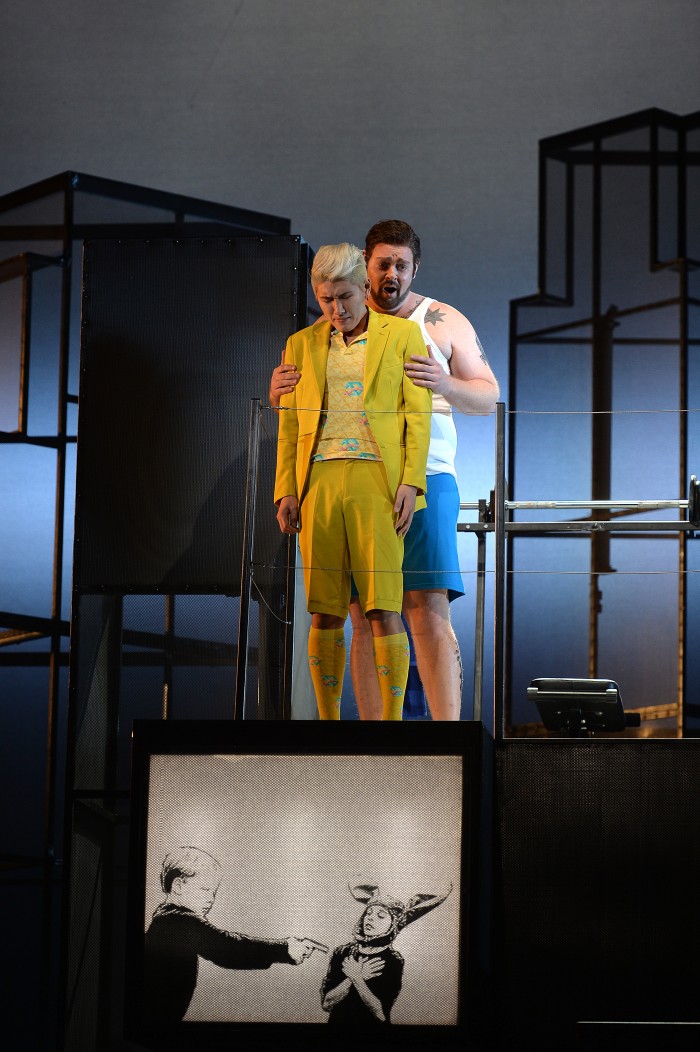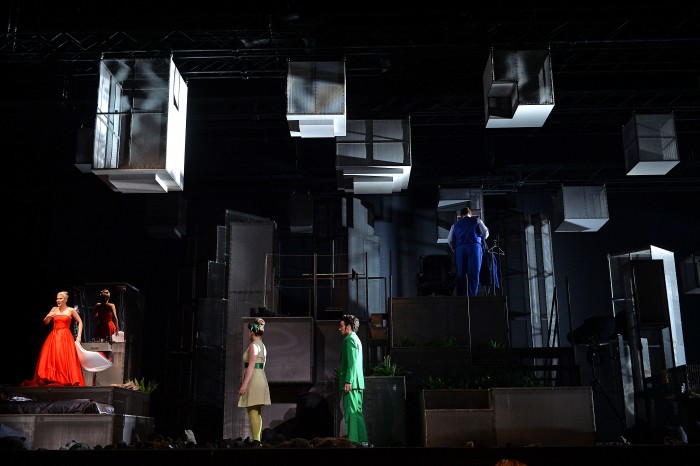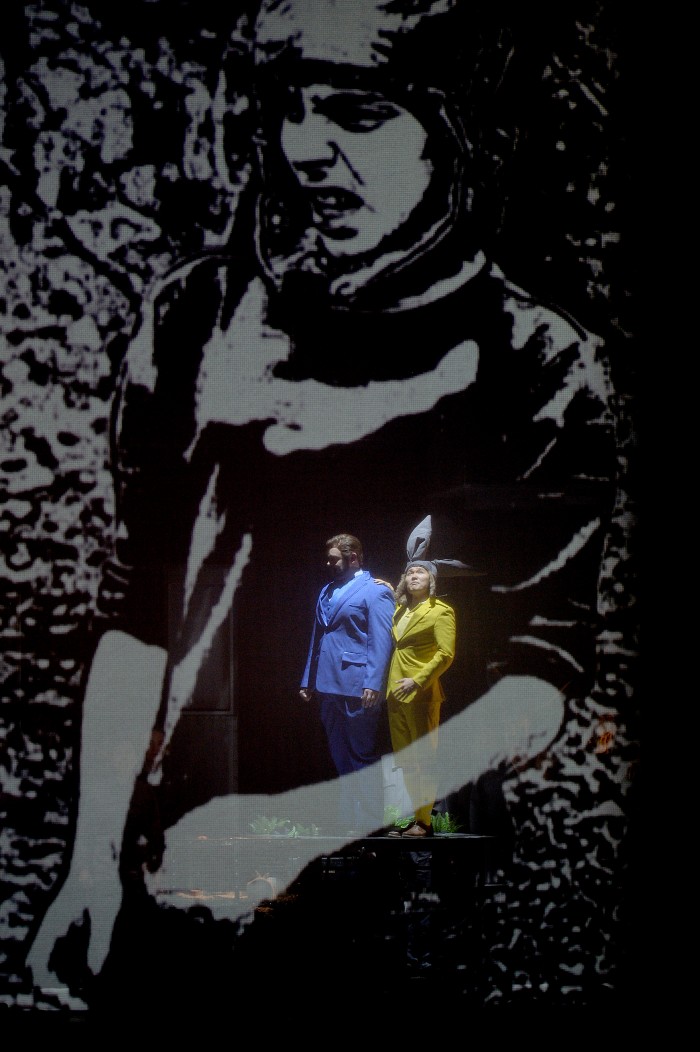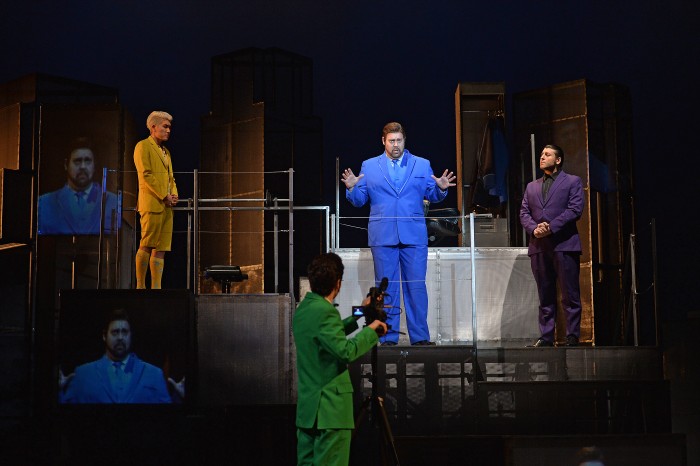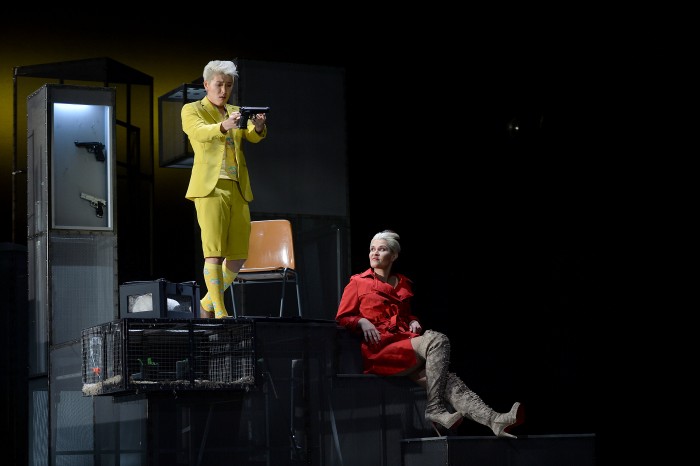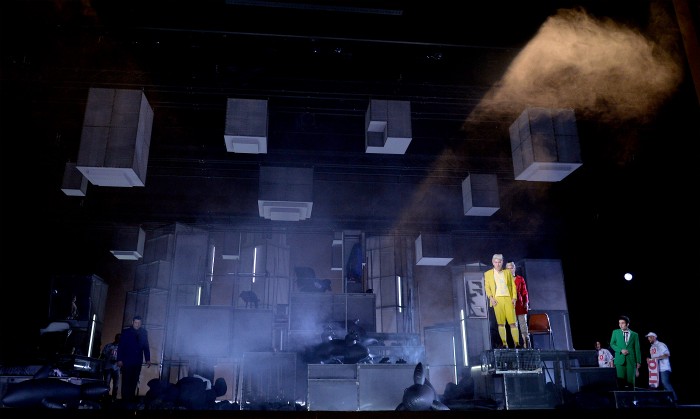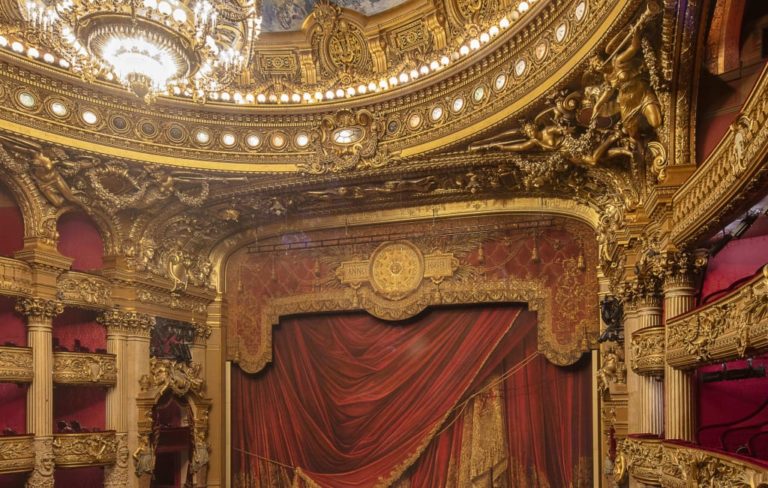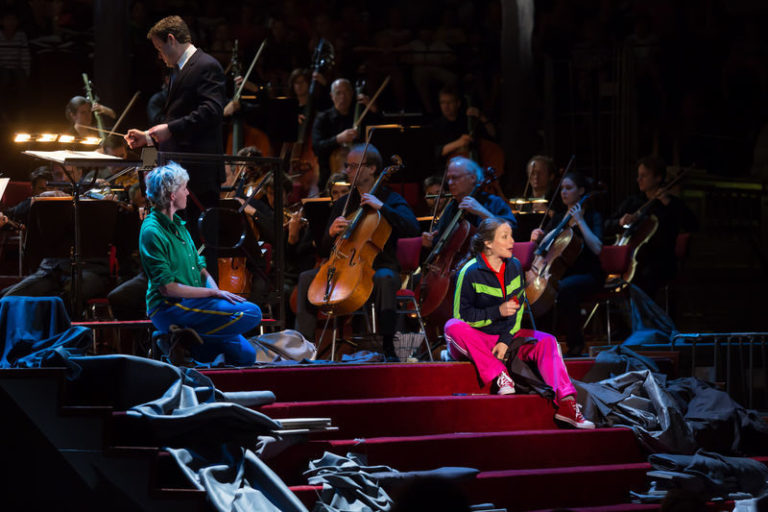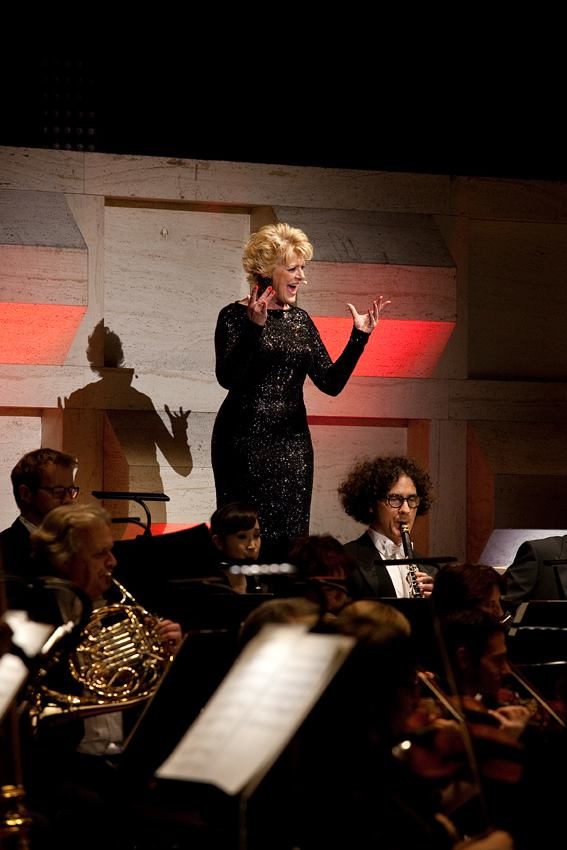New production of l’Opéra Orchestre National Montpellier Languedoc-Roussillon
LA CLEMENZA DI TITO
Wolfgang Amadeus Mozart (1756-1791)
Julien Masmondet conductor
Jorinde Keesmaat stage director
“Romans, your love is Tito’s only aspiration.” The newly appointed Roman emperor Tito addresses his people. He announces that the gold meant to build a temple in his honour, will be given to poor and needy people. Tito, known for living a cruel and dissolute life, undergoes a genuine transformation from the moment on he becomes emperor. He ends his relationship with the Jewish Bérénice as well as his many homosexual love affairs and he ceases to kill and plunder. Devoting his full attention to the well-being of his people, he decides to use clemency as a political strategy.
Throughout the opera, Tito becomes more and more convinced of this Senecan concept: gazing into the heart of a culprit, one does not find evil, one finds a human. Tito is tested to the depths of his soul. His closest friend Sesto carries out an attack on him. The empire is threatened to collapse and also Tito’s ideals reveal themselves as a utopia.
Under the musical direction of Julien Masmondet , this masterpiece by W.A. Mozart is told by the young Dutch opera director Jorinde Keesmaat and scenographer Ascon de Nijs as a quest for the meaning of truth, greatness and humanity both in extreme political situations and in intimate personal moments.
Video
http://https://youtu.be/4ro9Zl-5k4Y
Credits
Julien Masmondet – conductor
Jorinde Keesmaat – stage director
Ascon de Nijs – set & costume designer
Floriaan Ganzevoort – light designer
Koen Bollen – dramaturg
Reviews
Un grand merci pour un spectacle d’une grande profondeur.
A big thank you for a performance of great depth.
(A. Klein, MTP-Info. Le Journal du Grand Montpellier, 9.04.2015)
La présentation de Montpellier repose sur plusieurs points positifs, une représentation scénique subtile, une distribution sans point faibles et une très belle direction d’orchestre. (…) Ce chef-d’oeuvre tient toutes ses promesses grâce à la conjonction de factures sonores et visuels rarement donnés avec autant d’évidence.
The Montpellier production rests on many positive aspects: a subtle theatrical performance, a cast without weaknesses, and a very beautiful orchestra direction. (…) This masterpiece keeps all its promises thanks to the conjunction of sounds and visuals, rarely presented so naturally.
(Alain Breton, L’Hérault du jour, 6.04.2015)
On ne peut que saluer pourtant le gros travail de Jorinde Keesmaat et la débauche d’idées et de moyens qui préside à la mise en scène.
We can but congratulate Jorinde Keesmaat’s hard work and the abundance of ideas and means presiding over the staging.
(Michèl Fizaine, Midi Libre, 6.04.2015)
